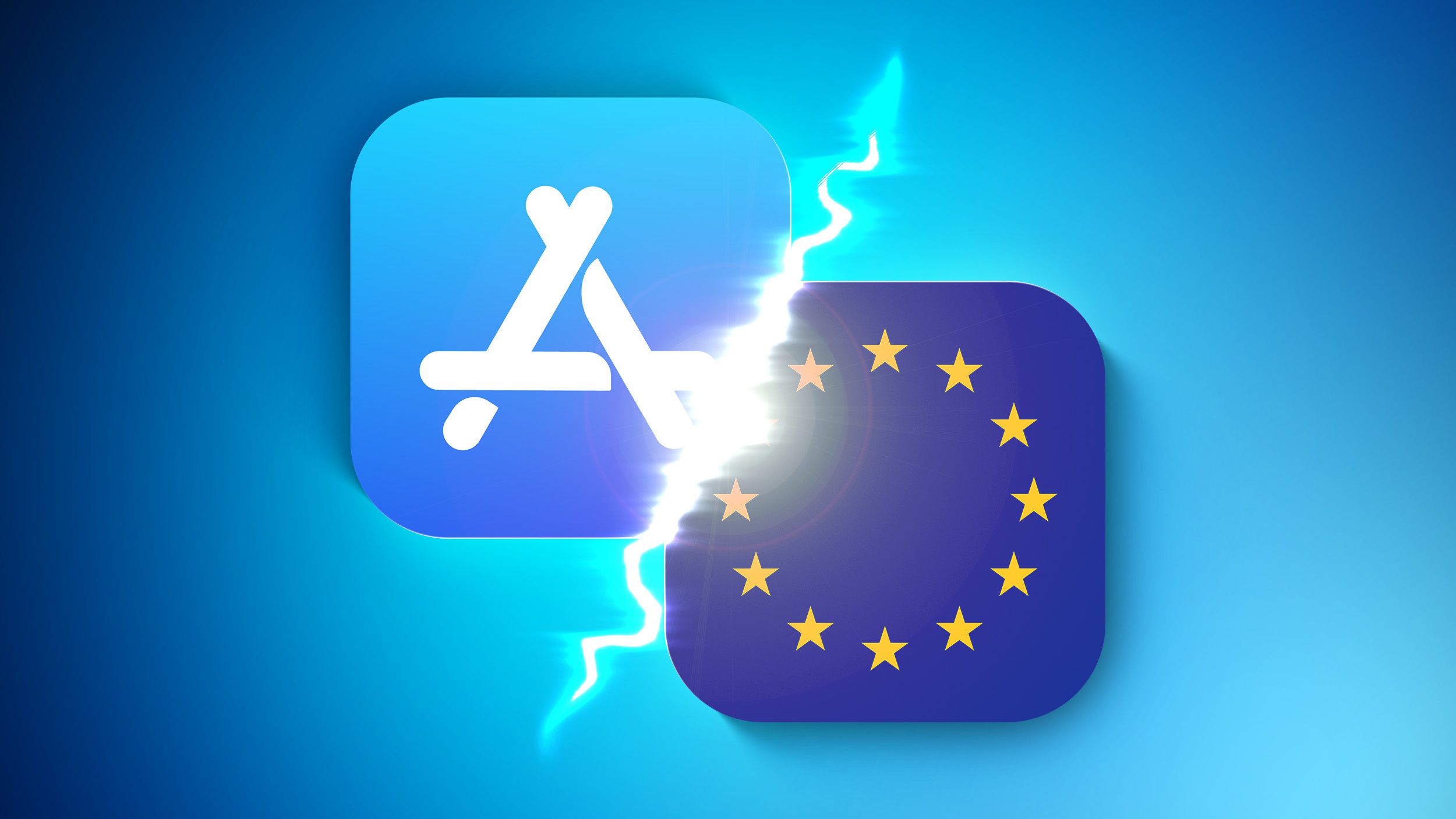
The European Commission appears to have reversed its plans to impose a significant digital tax on large technology companies, including Apple.

The change was confirmed in a draft document circulated within the European Commission late last week that was obtained by Politico. The document outlines potential revenue sources for the EU's next seven-year budget, covering the period beginning in 2028.
Notably absent from this list is the widely discussed digital services tax, which had been under consideration as recently as May. The tax was framed as a tool to ensure that large digital companies contribute fairly to the European economy.
Apple has faced increasing regulatory scrutiny in Europe and was among the primary targets of the now-abandoned proposal. The digital levy would have imposed additional taxes specifically on digital companies generating significant revenue from European users without being physically based in EU member states.
Instead of the digital services tax, the Commission now proposes three new levies: an EU-wide excise tax on tobacco products, a tax on discarded electrical and electronic equipment, and a corporate levy on large companies with annual EU turnover exceeding €50 million, such as Apple. The proposals will require unanimous approval from all 27 EU member states.
The timing of the change is widely understood to be linked to ongoing negotiations over a new transatlantic trade agreement between the EU and United States. According to Politico, the Commission's decision to withdraw the digital levy is seen as an attempt to avoid derailing trade negotiations with the United States and secure more favorable terms in a prospective agreement.
The finalized proposal for the EU's 2028–2035 budget is scheduled to be published on Wednesday, July 16. While the digital services tax remains off the table for now, the outcome of the upcoming trade talks with the United States and the ongoing DMA enforcement actions will continue to shape the regulatory environment for Apple in the European Union.
Note: Due to the political or social nature of the discussion regarding this topic, the discussion thread is located in our Political News forum. All forum members and site visitors are welcome to read and follow the thread, but posting is limited to forum members with at least 100 posts.
Article Link: Win for Apple as EU Backs Down on Digital Services Tax



